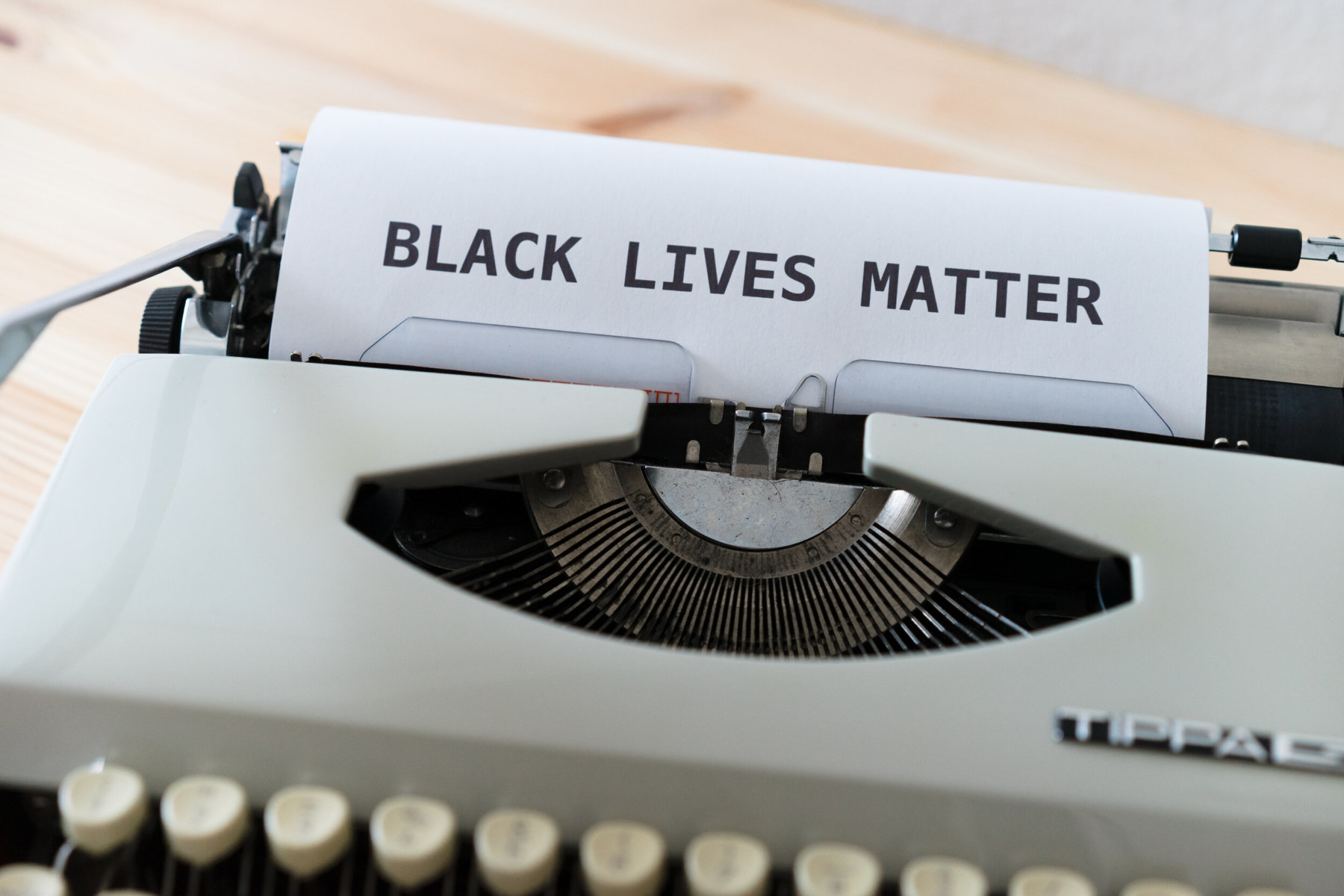
This article first appeared in PR Week.
This autumn will see a US presidential election, virtual party conferences, a new Budget from the Chancellor, and the looming prospect of the UK-EU transitional period coming to an end. Not to mention we may find ourselves bracing for a fresh coronavirus spike – or already in one. In this context, what – if anything – comes next for Black Lives Matter UK?
Grassroots movements come and go. Some raise the profile of an issue to new heights, yet do not catalyse change in Westminster. Millions of people marched globally against the Iraq War. Imagine if that movement had gone beyond awareness-raising and succeeded in changing the direction of travel.
Other movements ride a wave of change, moulding mass appeal into the nitty gritty of policy. Although not as fast as they may wish, environmental campaigns continue to see successes, underpinned by a global movement that combines grassroots appeal, policy expertise and elite connection.
BLM activists need to decide on their goal, and so what comes next. If it’s policy change, the pitch is not as simple as “let’s not go to war”. But environmental policy isn’t simple either.
One challenge is the leaderless nature of the movement and how it agrees on a set of policies without a smaller group of decision-makers doing the thinking and making the calls.
“One challenge is the leaderless nature of the movement and how it agrees on a set of policies without a smaller group of decision-makers doing the thinking and making the calls”
Crowdsourcing ideas and feeding them into a deliberative democratic process – perhaps using a tool like Pol.is, which has seen significant success in revitalising democracy in Taiwan – may be one way of navigating this. The Pirate Party’s crowdsourced manifesto is another example. Such an approach could result in a vision for policy change that is agreed upon by the membership, without centralising power.
The other challenge is the ideological underpinnings of the movement. According to the BLMUK GoFundMe, the goal of the movement is more than rectifying racial imbalances, extending to a “commitment to dismantle… capitalism”.
Sign up to our newsletter
This is, perhaps, a more challenging ask. Especially if the movement wants to influence a Government that believes in the positive force of capitalism, and an Opposition aware that it needs broad appeal to win.
Even with these challenges dealt with, the formation of policy is no easy feat. Grassroots movements rarely come with an internal policy shop. But there are think tanks that – I imagine – would be open to taking such a role. A combination of the movement providing the moral legitimacy and a think tank providing policy expertise (not to mention the contacts and institutional know-how) could be a powerful combination.
“the movement providing the moral legitimacy and a think tank providing policy expertise … could be a powerful combination”
BLM has put racial inequality back in the headlines, but headlines are a means to an end. Awareness of an issue rarely solves it. Activists should consider translating the public momentum they have forged into specific policy asks.
Whatever route BLMUK takes over the coming months, it will have its work cut out. There’s a lot happening; it’s going to be tough to avoid becoming a sideshow.





